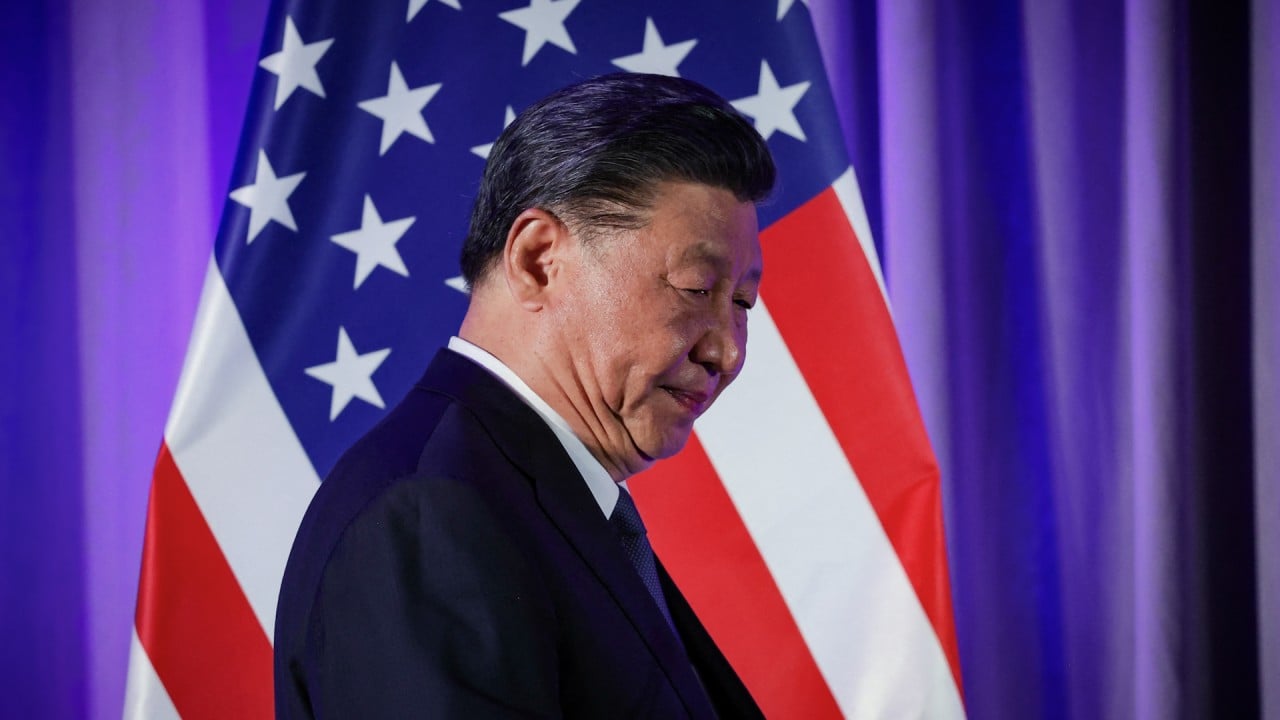Some localities in mainland China are taking active steps to woo overseas capital via Hong Kong as foreign direct investment (FDI) continues to decline, a move seen by analysts as an attempt to hit economic growth targets under internal and external pressure.
Organisers of the China International Fair for Trade and Investment, scheduled for September in Xiamen – capital of the southeastern province of Fujian – promoted the expo at an event in Hong Kong late last month, with foreign chambers of commerce and consulates present.
“Current economic pressures are pretty high,” said Peng Peng, executive chairman of provincial think tank the Guangdong Society of Reform. “The country has to meet the yearly growth target, and the [the outlook for] foreign investment is also not optimistic.”
“Local governments have shown momentum in attracting foreign investors,” Peng said. “They are overcoming stress by doing actual work.”
Financial company Nomura said in a note that the net outflow was larger than that of the third quarter in 2023, and the trend could signal “continued earning repatriations from multinational corporations in China.”
Dong Jinyue, principal economist at BBVA Research, noted that investors in Hong Kong were still “willing to invest” on the mainland even with the adverse economic situation, because real industry investors looked at long-term returns instead of short-term adjustment.
“[Mainland] China is still attractive for Hong Kong investors due to its diversified industries and tech advancement,” she added. “New industries such as electric vehicles, photovoltaics, wind energy and hi-tech should be rising sectors, together with a series of traditional sectors.”
“These measures provide positive policy signals for investors,” he said.
Wing Chu, principal economist at the Hong Kong Trade and Development Council, said the region is a one-stop platform for a variety of foreign investors, citing figures that show around 70 per cent of mainland-bound FDI passes through it.
“Hong Kong is an in-and-out channel for local governments to grab investors who have stopped by to avoid [mainland] China’s foreign exchange restrictions,” he said.
“The city provides flexibility to foreign companies that need to plan ahead for their arrangements regarding legal services, financing and fundraising, as well as tax planning and corporate structure.”


